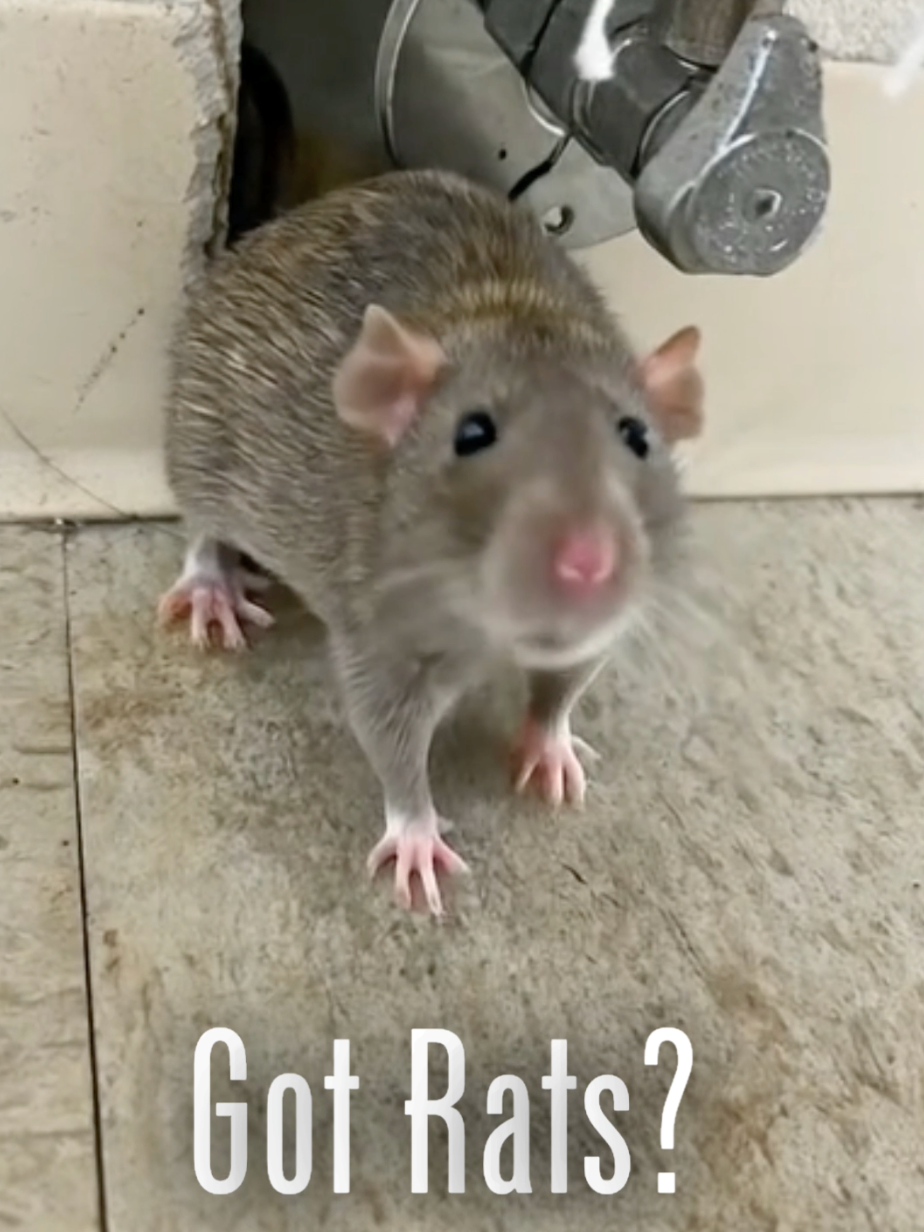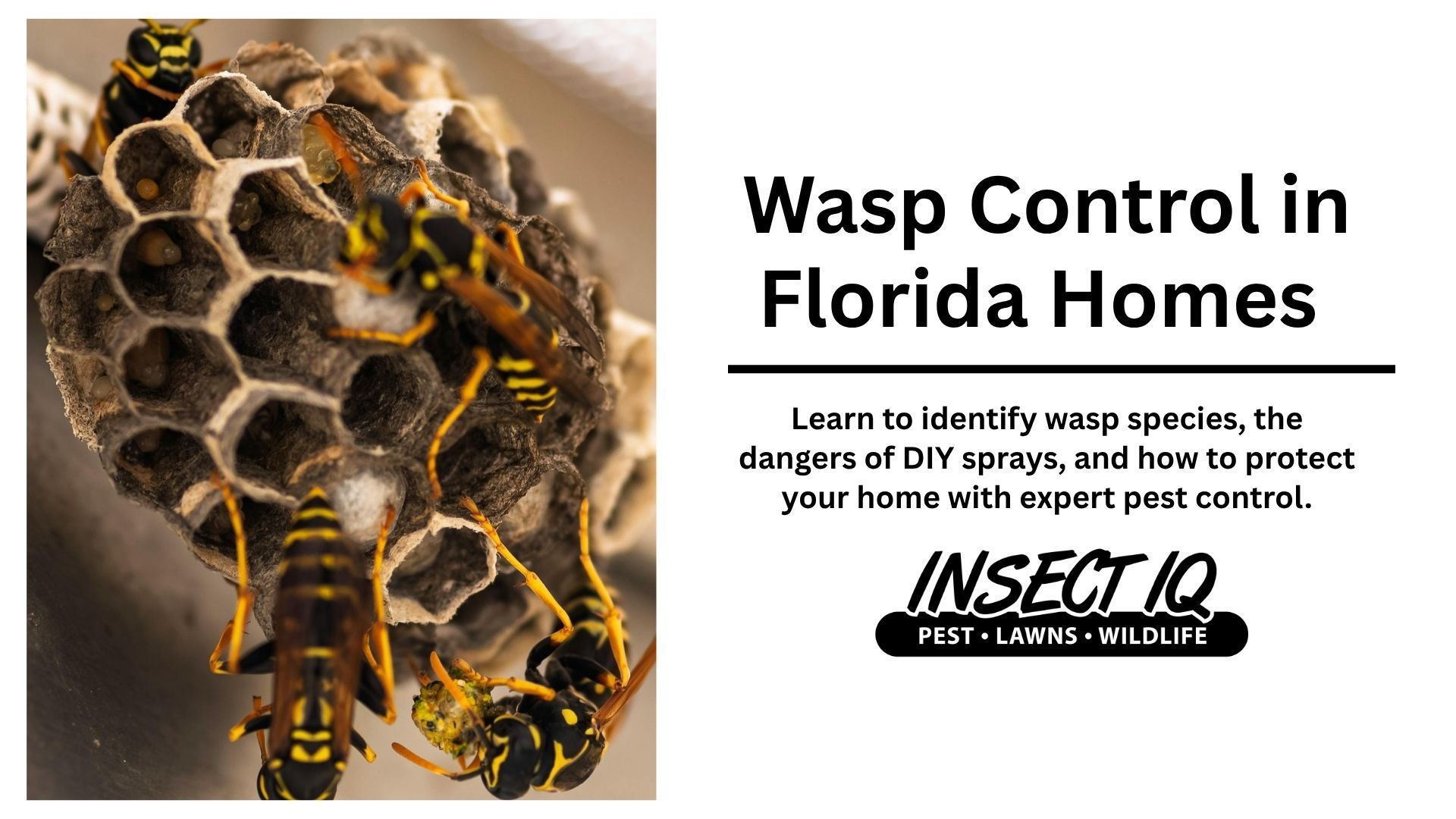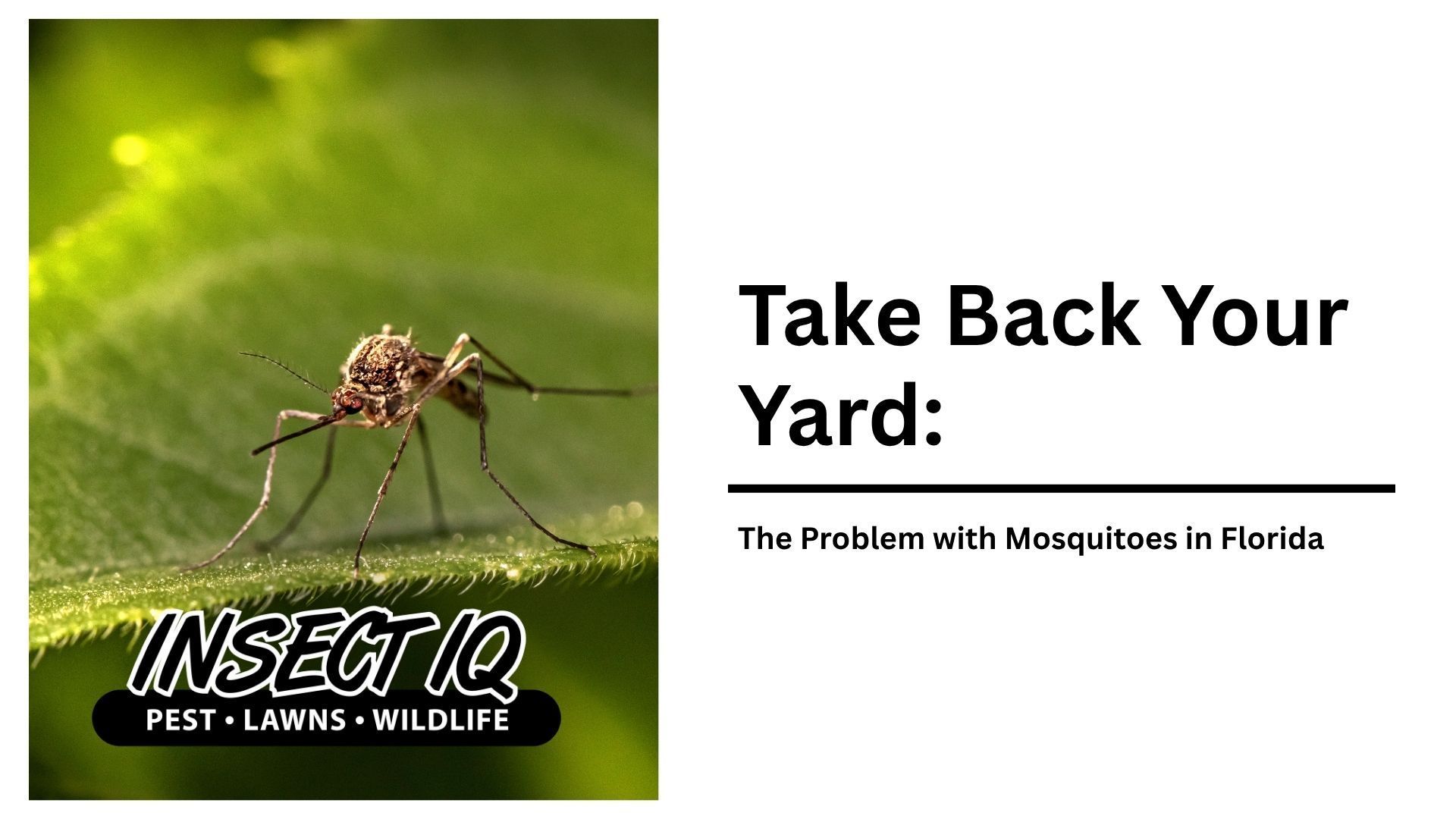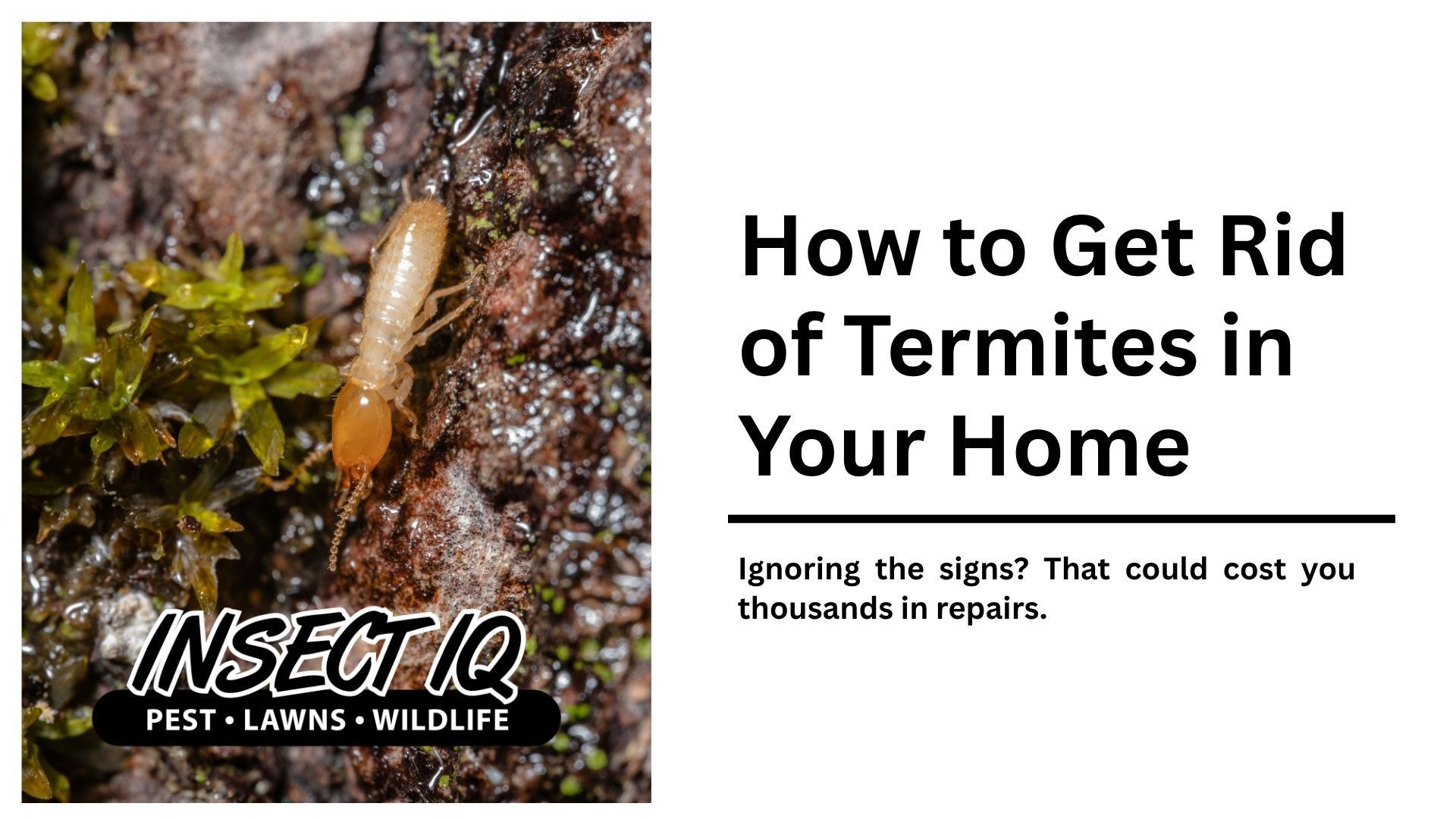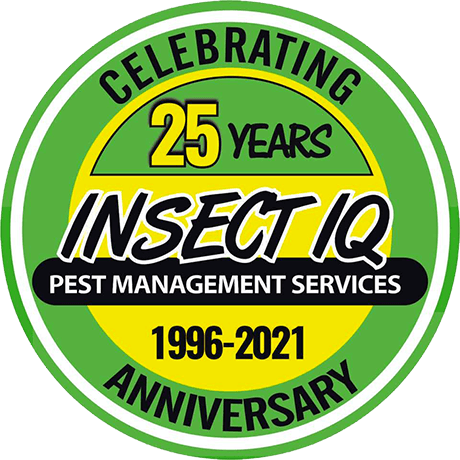Sting Victim | See What Happens When Yellow Jackets And Bees Sting You
Nobody wants to be stung by a bee or yellow jacket, but we all get stung at one time or another. Backyard barbeques, soccer games, schoolyards, and well anything outdoors can lead to a sting.
Every wonder what is actually happening?
Well, here are the ins and outs (pun intended) of the typical bee sting.
Bees have a barbed stinger that gets embedded into your skin and remains there until removed. The venom sac continues to pulsate after the bee has pulled away continuing to discharge more venom into your body. 500 stings can kill a typical person. For those with unfortunate allergies, one sting can be deadly.
If stung, remove the stinger by scraping it away. If you squeeze the stinger, it will pump more venom into your arm. Ice the arm immediately and take Benadryl. Always consult a doctor before taking over-the-counter medicine.
Yellow Jackets have a needle-like stinger and can sting you multiple times in multiple spots. 5 to 10 yellow jackets can leave 100s of stings all over your body. As the yellow jackets sting you they release an alarm pheromone signaling other yellow jackets to attack. If you find yourself getting stung, get to an enclosed area as quickly as possible. Don’t jump into a pool, the hive will continue to swarm and call reinforcements.
AND THE BEST WAY TO AVOID GETTING STUNG IS…
Prevention.
Remove nests as soon as you see them. Don’t let small nests become big nests. And make sure you have a professional pest prevention company treating your property regularly.
If you need help with bees or any other pest problems, call Insect IQ (855) 930-2847.





